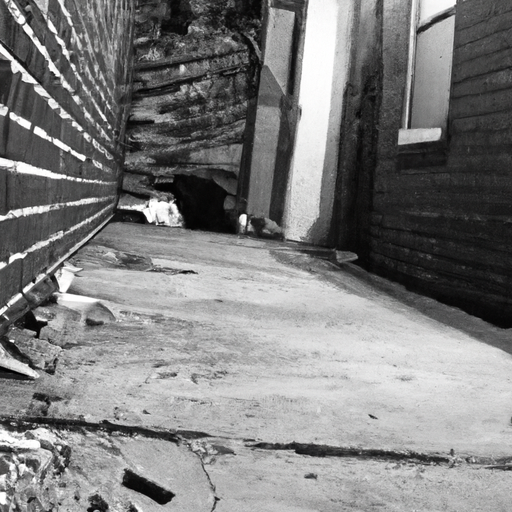Understanding the Canadian Opioid Crisis through Montreal’s Opioid-Related Trafficking Arrests
An Overview of the Opioid Crisis in Canada
The opioid crisis continued to grip communities across Canada, with tragic incidents such as the recent opioid overdose of a 15-year-old in Montreal highlighting the urgency of the issue. It is infamous for having far-reaching and devastating effects on communities, leading to increased crime, homelessness, and a strain on our healthcare system.
The Opioid Overdose Incident
Two people have recently been arrested by the Montreal police in connection with this 15-year-old’s opioid overdose. As the investigation continues, it draws renewed attention to the scale of the opioid crisis and the grave consequences in its wake. This incident portrays the tragic reality of young Canadians losing their lives to opioids, thereby catalyzing renewed efforts to combat this crisis.
Opioid Crisis: Key Points
- Opioids are a type of powerful painkiller, often prescribed in medicine but also widely abused, leading to addiction and frequent fatal overdoses.
- The opioid crisis in Canada is responsible for countless deaths, including young Canadians like the 15-year-old Montreal teen.
- This crisis leads to secondary problems, such as increased homelessness and crime rates.
- First respondents and healthcare systems are under immense strain, handling a large volume of overdoses and addiction cases.
Addressing the Opioid Crisis
The government and various health-centric organisations have implemented several strategies to tackle the ongoing crisis. The family physicians have been suggested to be careful in prescribing opioids for pain and encouraged them to provide alternatives whenever possible. Emergency responses have continued to save lives through the administration of naloxone to reverse the effects of opioids temporarily during an overdose.
The continuous efforts are being made to offer addiction support and rehabilitative services to affected individuals, aiming to guide them towards a life free of opioid dependency. Particularly noteworthy are actions such as the federal government’s financial commitment to combat the opioid crisis and the ongoing opioid class-action lawsuit against pharmaceutical companies and regulatory failures sparking the crisis.
Opioid Crisis and Homelessness
The opioid crisis heavily contributes towards increased rates of homelessness. Opioid addiction often leads to unemployment and an inability to sustain livelihoods, forcing people onto the streets. Furthermore, homelessness can decrease the individual’s ability to fully engage in addiction recovery, thereby turning the opioid crisis and homelessness into a vicious cycle. It is crucial that these systemic issues are addressed simultaneously to effect real change.
Summing Up the Canadian Opioid Crisis
The Montreal opioid overdose case underlines the grave severity of the Canadian opioid crisis that extends beyond individual addiction into societal issues such as crime and homelessness. While authorities grapple with these interconnected challenges, the emphasis remains on multidimensional solutions. This includes preventive strategies like cautious opioid prescription, immediate responses like naloxone administration during overdoses, and ongoing support in the form of addiction recovery and rehabilitation services.
As concerned citizens and community leaders, it becomes invaluable to remain informed and involved, to actively contribute towards collective actions addressing the crisis. Though the opioid crisis leaves a profound impact, remember that through concentrated efforts and community cohesion, we can combat this crisis and reclaim the health and wellbeing of our society.
